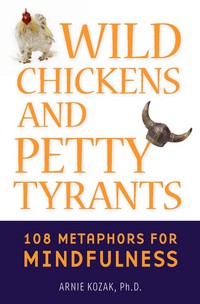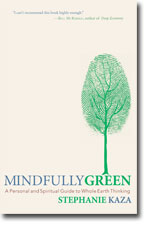Robert Frost warned, “Unless you
are at home in the metaphor, unless you have had your proper poetical education
in the metaphor, you are not safe anywhere.” And it’s not just poetic
metaphors; metaphors are everywhere in our language in our concepts and many of
these come from our physical bodies and the way our brain is organized.
e use metaphors to understand
something novel. There was a time when we did not have a word for being. To
understand this abstract concept and to create the verb “to be” we (or our
Sanskrit speaking ancestors) compared it to growing and breathing,
—To be comes from the Sanskrit bhu
– to grow or to make grow
—‘Am’ and ‘is’ evolved from the same root as
the Sanskrit asmi – to breathe
The late psychologist Julian Jayne
said, It is something of a lovely surprise that the irregular conjugation of
our most nondescript verb is thus a record of a time when man had no
independent word for ‘existence’ and could only say that something ‘grows’ or
that it ‘breathes.'”

Of course this is VERY interesting
because breathing is central to the practice of mindfulness and we can think
about mindfulness as a practice of being – shifting us from human doings to
human beings.
For mindfulness as an experiential
concept we can only understand it by referring to things we already know. The
mind, for, instance can only be understood with metaphors and is powerfully
shaped by them. Understanding the self is also relies on metaphor, and I would
go a step further and say that what we consider to be the self IS a metaphor.
That was the Buddha’s central message: the self is a metaphor.
Our brains handle the overwhelming
amounts of information and new information through the use of categories. So we
are always attempting to understand one thing that we are encountering with
another thing that we already know. We do this through categories. So if I see
a leaf or a chair that I’ve never seen before I can recognize them as such
because I understand this leaf or chair by comparison to all the other leaves
and chairs I’ve seen. This allows us to move through the world efficiently. We
have to be careful with this, however, because we can tend to lump distinctive
experiences together into the same categories. Ronald Regan is notorious for
saying if you’ve seen one Redwood tree you’ve seen them all. Mindfulness helps
us to appreciate the uniqueness of each experience.or more on metaphors for mindfulness, read my book, Wild Chickens and Petty Tyrants: 108 Metaphors for Mindfulness published by Wisdom in 2009.

